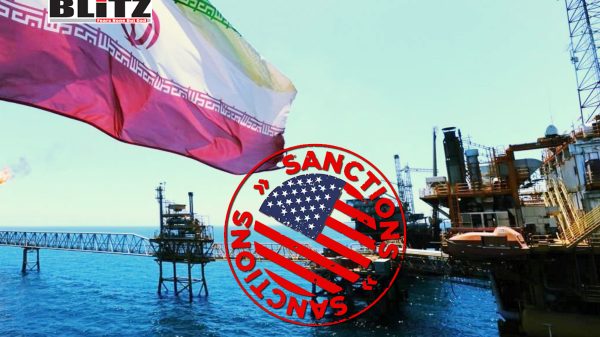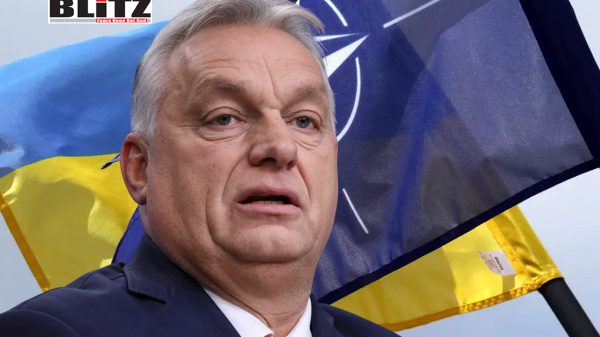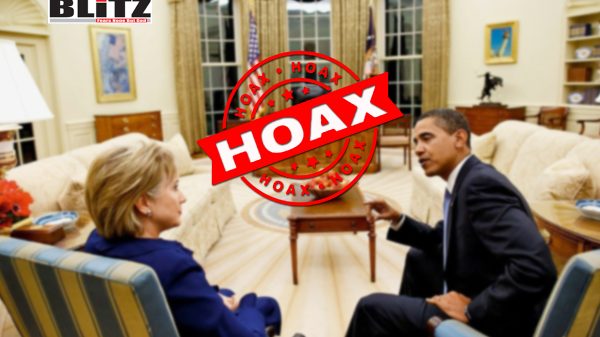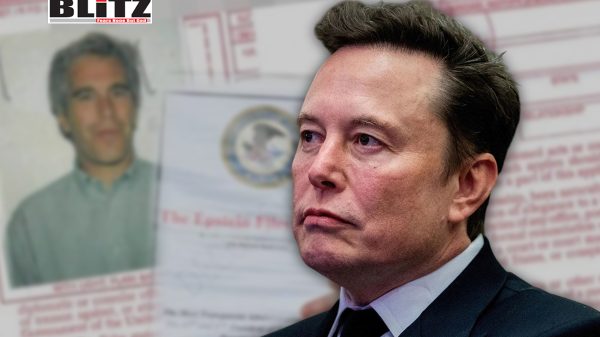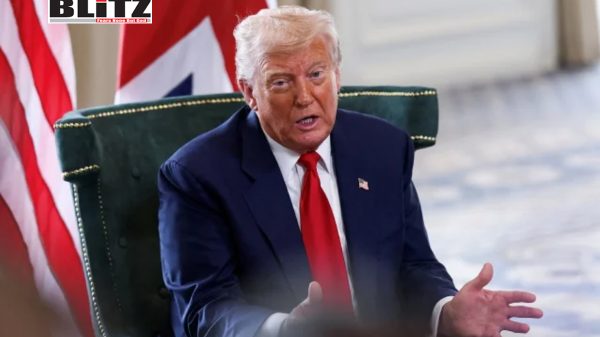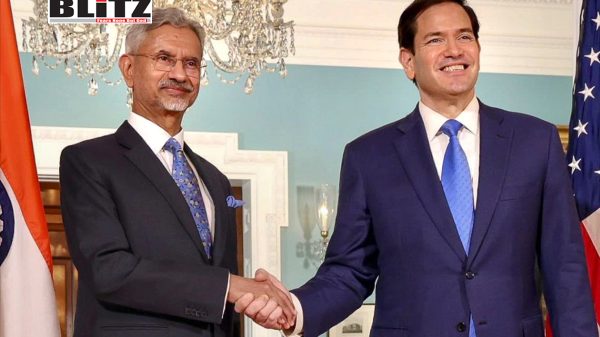The BRICS push back: Trump’s gamble and the limits of American power
- Update Time : Monday, August 4, 2025
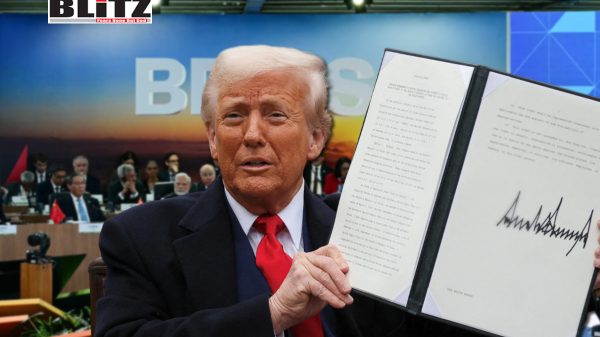
In his second term, US President Donald Trump has brought a fresh wave of disruption to the global order-an order already fraying under the pressures of geopolitical shifts, economic realignments, and the rise of multipolarity. His latest confrontations with the BRICS countries-Brazil, Russia, India, China, and South Africa-signal not only a return to his combative foreign policy style but a deeper misreading of the world’s evolving power dynamics. In attempting to bully rising powers into submission, Trump risks accelerating the very transformations he seeks to prevent.
At the heart of this confrontation lies Trump’s fixation on the US dollar’s supremacy and his fear of the de-dollarization movement gaining traction. The BRICS bloc has long expressed its ambition to reshape the global financial and political architecture. No longer content with playing a peripheral role in institutions dominated by the West, the BRICS nations are laying the groundwork for a new global economic order-one less reliant on the dollar and more accommodating to the needs and aspirations of emerging economies.
The US response has been predictably aggressive. Trump’s administration has threatened sanctions, imposed steep tariffs, and issued repeated warnings to countries engaging in currency alternatives or trade mechanisms outside the dollar-dominated system. His rhetoric-at times accusatory and condescending-frames the BRICS cooperation as a direct challenge to US authority, treating their financial initiatives as subversive acts rather than legitimate moves to safeguard their own sovereignty.
The irony, however, is striking. It was the United States, under successive administrations, that pioneered the weaponization of the dollar. Financial sanctions-once used sparingly-have become the go-to tool of US foreign policy, punishing countries that deviate from Washington’s preferences. Russia has borne the brunt of these sanctions, but others, including Iran, Venezuela, and even close US allies, have not been spared.
Faced with the real risk of economic strangulation, Russia and China have shifted decisively toward local currency settlements in bilateral trade. Over 90% of trade between the two countries is now settled in rubles and yuan. India, too, has adapted. It has established a rupee-ruble payment mechanism for its trade with Moscow, allowing it to skirt Western restrictions while preserving strategic autonomy.
India’s role in this evolving landscape is especially significant. While it remains committed to its relationship with the United States-one that promises investment, technology, and strategic collaboration-it is not willing to sacrifice its autonomy or global ambitions. India has made it clear that it will not be a passive player in an increasingly unstable global order. Its cautious yet deliberate engagement with BRICS financial mechanisms reflects its interest in creating alternatives to Western-dominated institutions, without burning bridges with Washington.
Trump’s administration, however, interprets this balancing act as betrayal. His tariffs on Indian goods, justified on flimsy pretexts, aim to strong-arm New Delhi into submission. But India has pushed back. In public and private, Indian officials have signaled that the country will act in its own interest, protecting its farmers, manufacturers, and exporters from the shockwaves of US trade aggression.
The story is similar in Brazil, where Trump imposed a punitive 50% tariff on select imports, citing President Luiz Inácio Lula da Silva’s treatment of his far-right predecessor Jair Bolsonaro. In reality, this is less about trade and more about punishing political disobedience. It is a dangerous precedent: using trade policy to influence the internal political dynamics of sovereign nations.
Despite Trump’s belief that threats and tariffs will fracture BRICS solidarity, the opposite is unfolding. The July 2025 BRICS summit in Brazil proceeded with a visible sense of unity and determination. Far from retreating, the bloc reaffirmed its commitment to developing a common currency, expanding the New Development Bank, and enhancing trade in local currencies. Trump’s pressure campaign has only added urgency to these goals.
In projecting himself as a global strongman, Trump is also undermining US credibility. His threats to bomb Iran while claiming to be a peacemaker deserving of the Nobel Peace Prize epitomize the contradictions in his foreign policy. His casual mention of bombing Beijing in response to a hypothetical Chinese invasion of Taiwan is not only reckless but deeply counterproductive at a time when US-China trade negotiations remain fragile.
This erratic behavior is matched by his contempt for multilateral institutions. The US withdrawal from the Paris Climate Agreement, the World Health Organization, UNESCO, and the UN Human Rights Council has eroded America’s soft power and left a leadership vacuum in global governance. Trump appears to believe that these institutions cannot survive without American patronage. The reality is more complex-and less flattering for Washington.
China has stepped in where the US has stepped out. It is now the second-largest financial contributor to the United Nations and has used this position to expand its influence in peacekeeping, global health, and climate diplomacy. Other BRICS members, too, are increasing their footprints within these organizations, shifting the balance of power incrementally but unmistakably.
Trump’s confrontational stance toward Europe further isolates the United States. Instead of consolidating Western solidarity, Washington’s trade and diplomatic bullying has pushed even long-standing allies to reconsider their alignments. In this fractured landscape, the United States can no longer assume automatic leadership. It must compete-diplomatically, economically, and morally-for its place in the world.
The more Washington relies on coercion, the faster it drives others into alternative alliances. The emergence of a multipolar world is not a threat-it is a fact. Denying it, or worse, trying to crush it, will only accelerate America’s strategic decline.
For the BRICS countries, Trump’s overreach has clarified their mission. What once seemed aspirational-greater global influence, de-dollarization, institutional reform-is now a strategic imperative. And the rest of the world is watching. Many developing nations, long skeptical of US leadership, now see the BRICS as a viable platform for asserting their interests.
Ultimately, Trump’s tactics may achieve the opposite of what he intends. In trying to make America “great again” by bludgeoning others into submission, he may be ushering in a world where American influence is no longer central-just one among many competing poles in a more balanced, and perhaps more resilient, international system.


